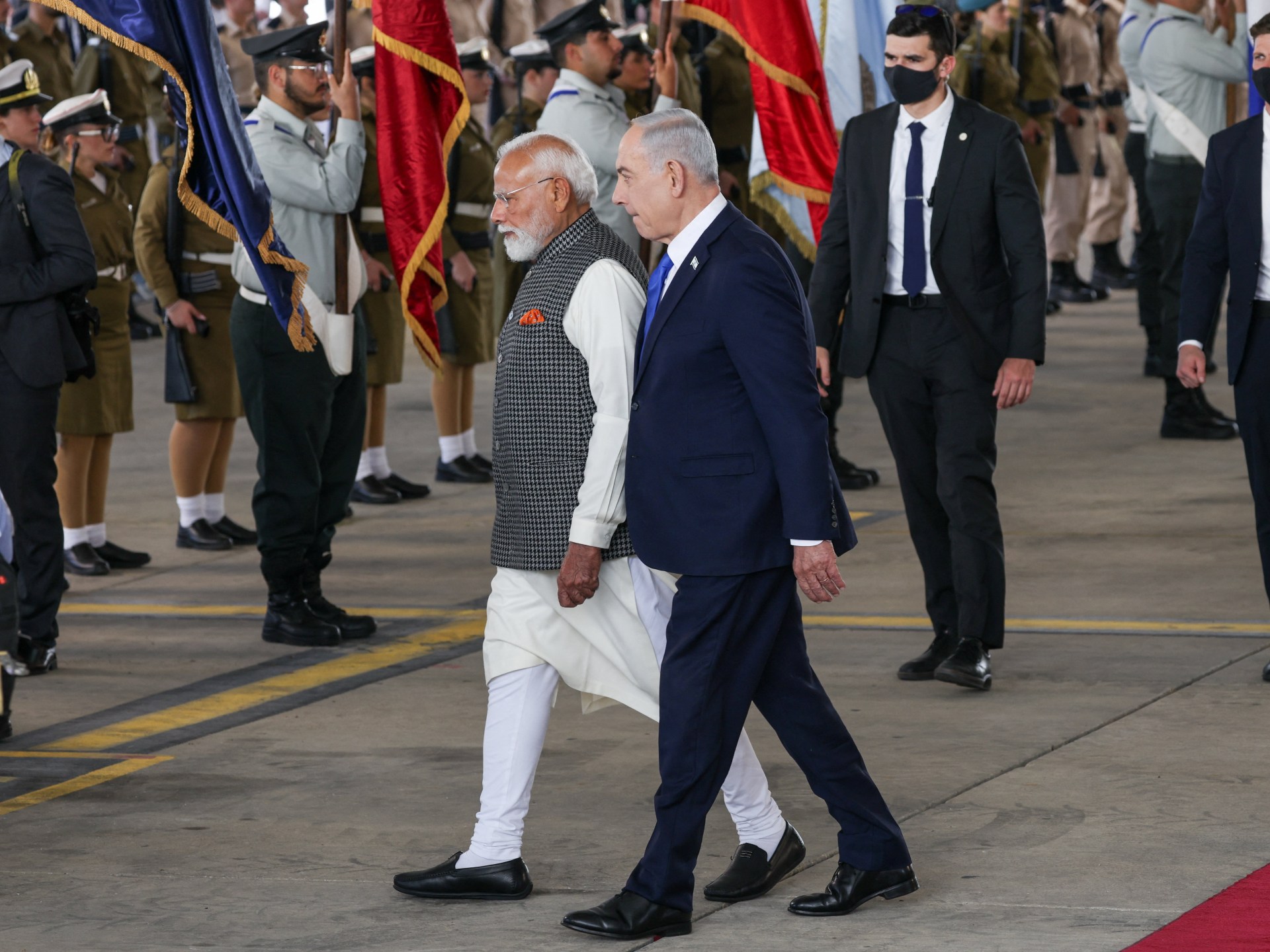Islamabad, Pakistan – When Indian Prime Minister Narendra Modi stepped off the plane in Tel Aviv on Wednesday for his second visit to Israel, and the first by any Indian premier since his own landmark trip in 2017, the symbolism was…
Category: 2. World
-
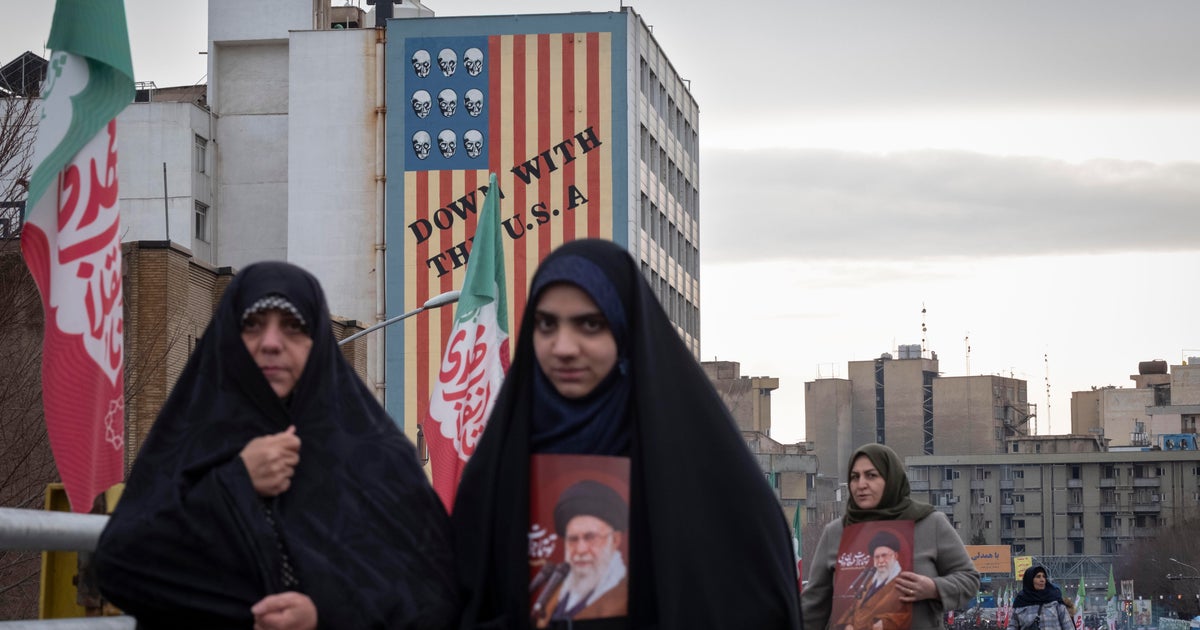
Iran reacts to Trump’s 2026 State of the Union, accusing him of “big lies” on nuclear program and protests
Iran’s reaction to President Trump’s 2026 State of the Union was straightforward. The Iranian Foreign Ministry accused Mr. Trump of repeating “big lies” about the Islamic Republic’s nuclear program and the death toll from its crackdown to…
Continue Reading
-
E-visas introduced for Pakistanis travelling to UK – Dawn
- E-visas introduced for Pakistanis travelling to UK Dawn
- Pakistani visitors to the UK can now use eVisas GOV.UK
- UK launches e-visa system for Pakistani students, workers The Express Tribune
- UK eVisa goes live today: What’s new, passports to be…
Continue Reading
-
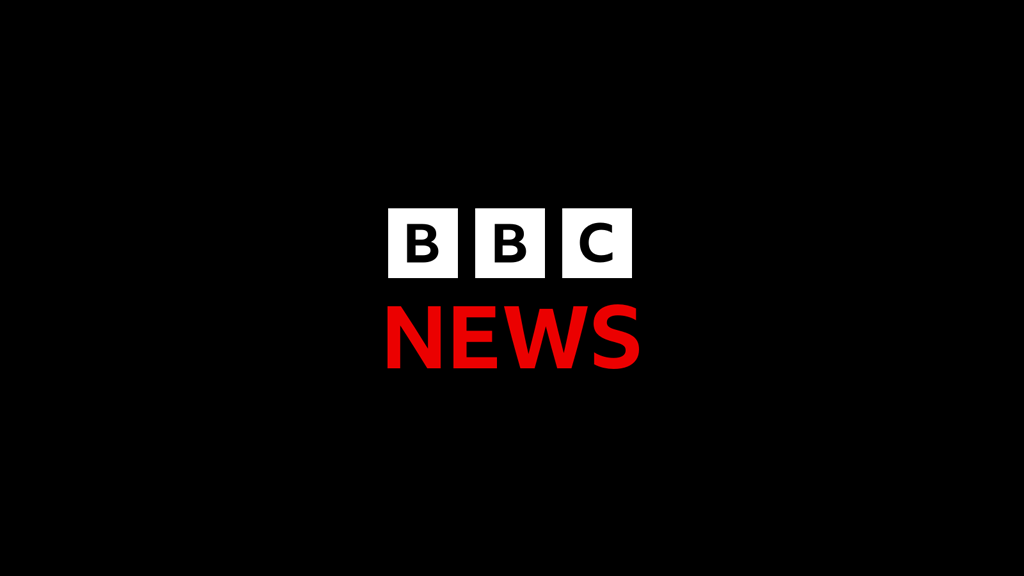
Verified video shows student protests in Iran spreading to more universities
How many medical appointments will Scotland’s walk-in clinics deliver?published at 16:26 GMT 25 February
Andrew Picken and Aimee Stanton
BBC ScotlandThe Scottish Government has said 16 new walk-in clinics will deliver…
Continue Reading
-
Tehran denies Trump's claim Iran wants missiles capable of striking US – Euronews.com
- Tehran denies Trump’s claim Iran wants missiles capable of striking US Euronews.com
- Trump makes Iran missile, protest deaths claims; Tehran slams ‘big lies’ Al Jazeera
- Iranian Parliament Speaker: All options are on the table with Washington,…
Continue Reading
-
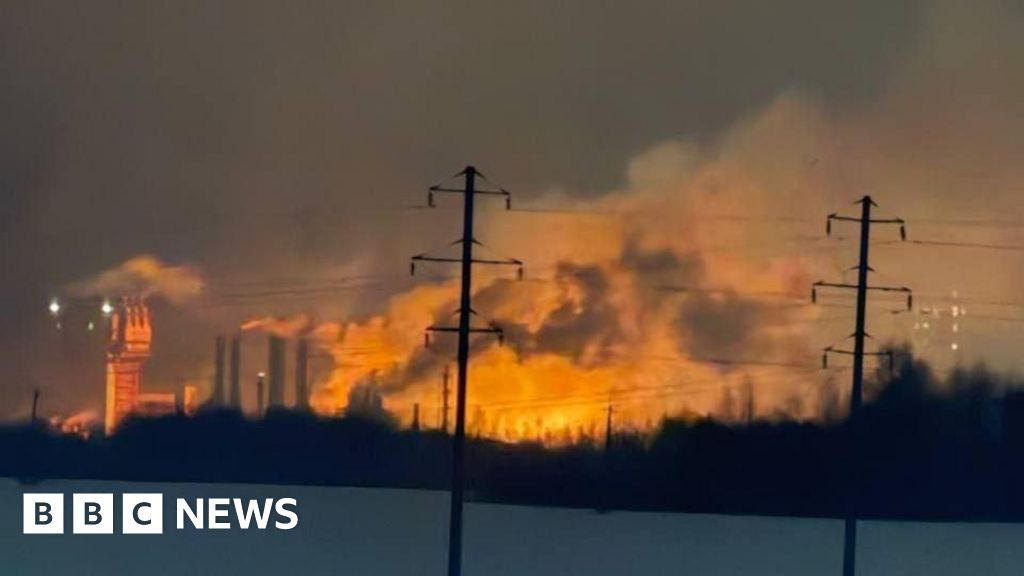
Seven killed in Ukrainian drone attack on Russian factory – BBC
- Seven killed in Ukrainian drone attack on Russian factory BBC
- Russia Says Ukraine Hit Acron’s Nitrogen Plant, Killing Four Bloomberg.com
- Cotton in Smolensk oblast of the RF: a chemical plant in Dorogobuzh, which produces raw materials for…
Continue Reading
-
Magnitude 5.5 earthquake hits Afghanistan-Tajikistan border, GFZ says – Al Arabiya English
- Magnitude 5.5 earthquake hits Afghanistan-Tajikistan border, GFZ says Al Arabiya English
- Earthquake of magnitude 5.3 strikes Afghanistan ANI News
- Significant Magnitude 5.5 Quake Hits 22 km North of Ishqoshim, Tajikistan in the Afternoon Volcano…
Continue Reading
-
Modi visits Israel to ‘set new goals’ for strategic partnership – Arab News
- Modi visits Israel to ‘set new goals’ for strategic partnership Arab News
- India, Israel to push free trade pact, boost defence cooperation: Modi Dawn
- India-Israel axis: What are the IMEC corridor, I2U2 grouping Modi spoke of? Al Jazeera
- I am…
Continue Reading
-
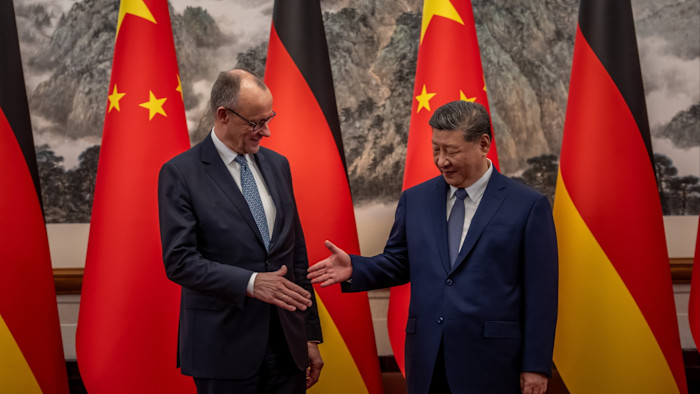
Friedrich Merz meets China’s Xi Jinping as trade tensions mount
Unlock the Editor’s Digest for free
Roula Khalaf, Editor of the FT, selects her favourite stories in this weekly newsletter.
German Chancellor Friedrich Merz met China’s President Xi Jinping in Beijing for talks that are expected to focus on…
Continue Reading
-
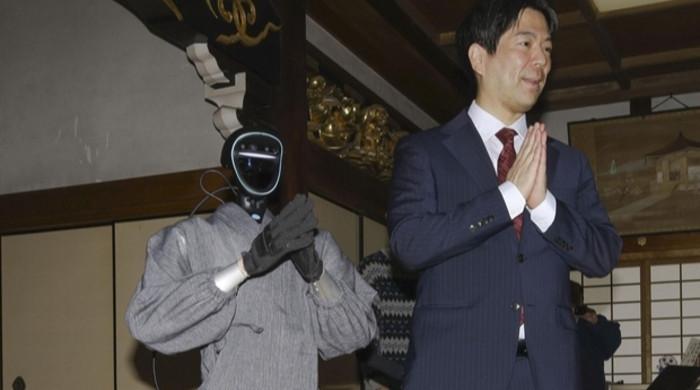
AI robot monk unveiled in Japan
Seiji Kumagai, professor at Kyoto University, stands next to a humanoid monk robot in Kyoto, western Japan, on Feb. 24, 2026. — Kyodo News Japanese researchers have unveiled a robot monk powered by AI that they…
Continue Reading
